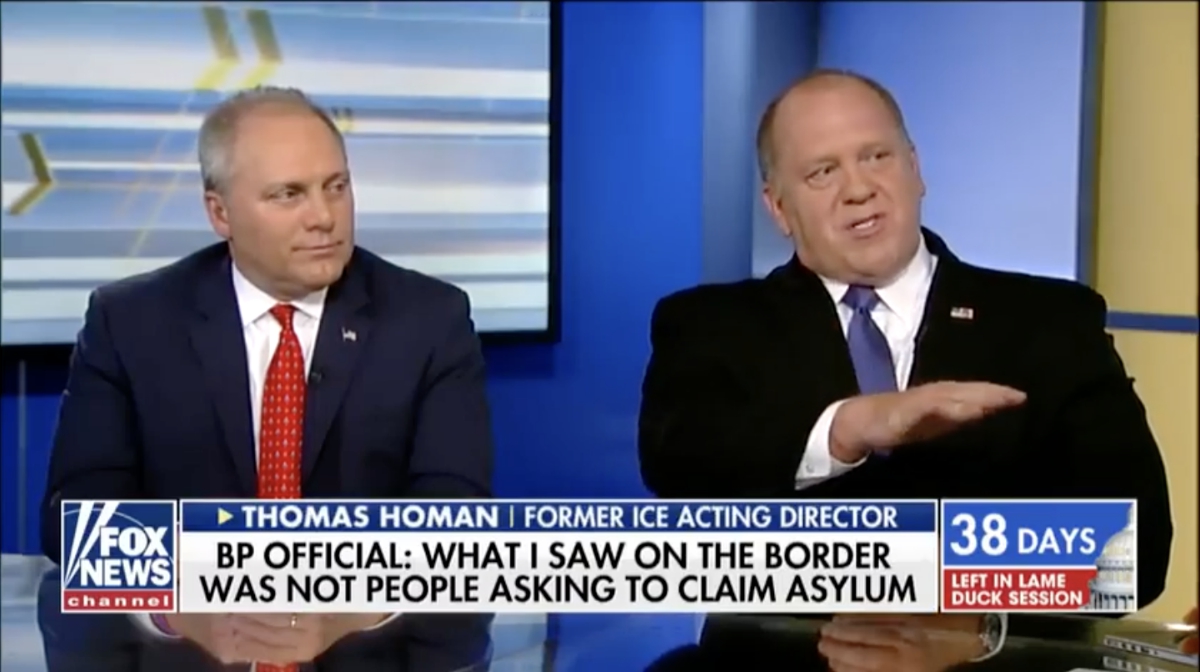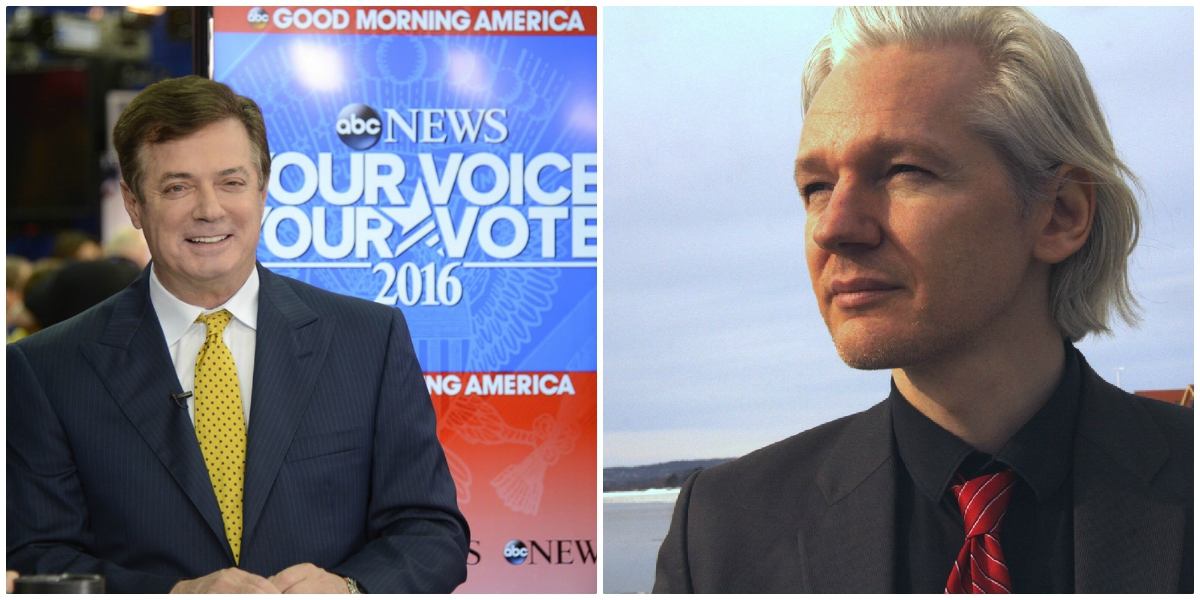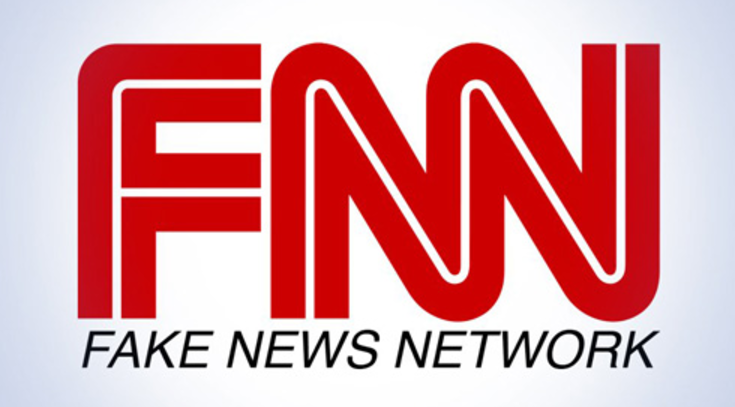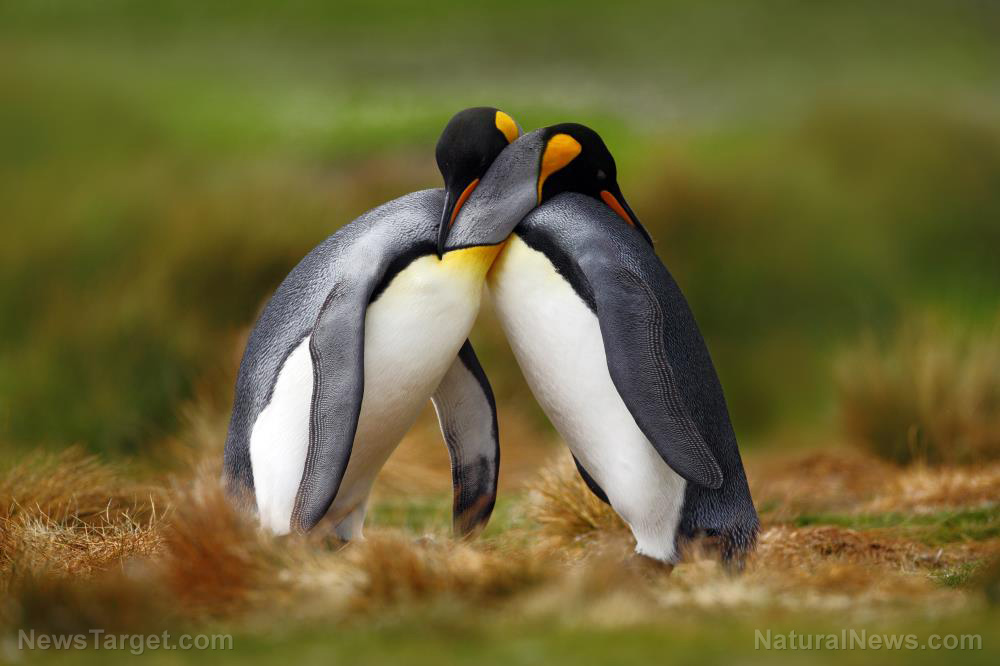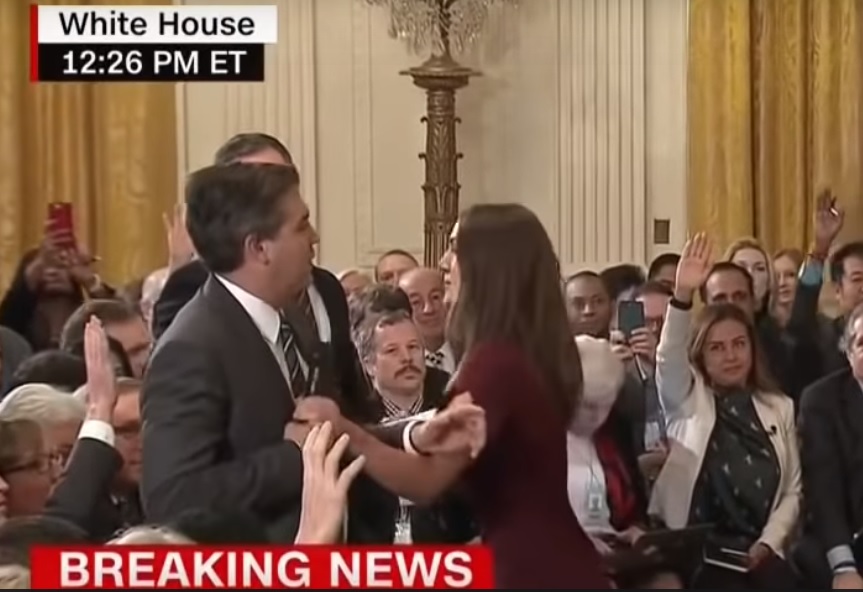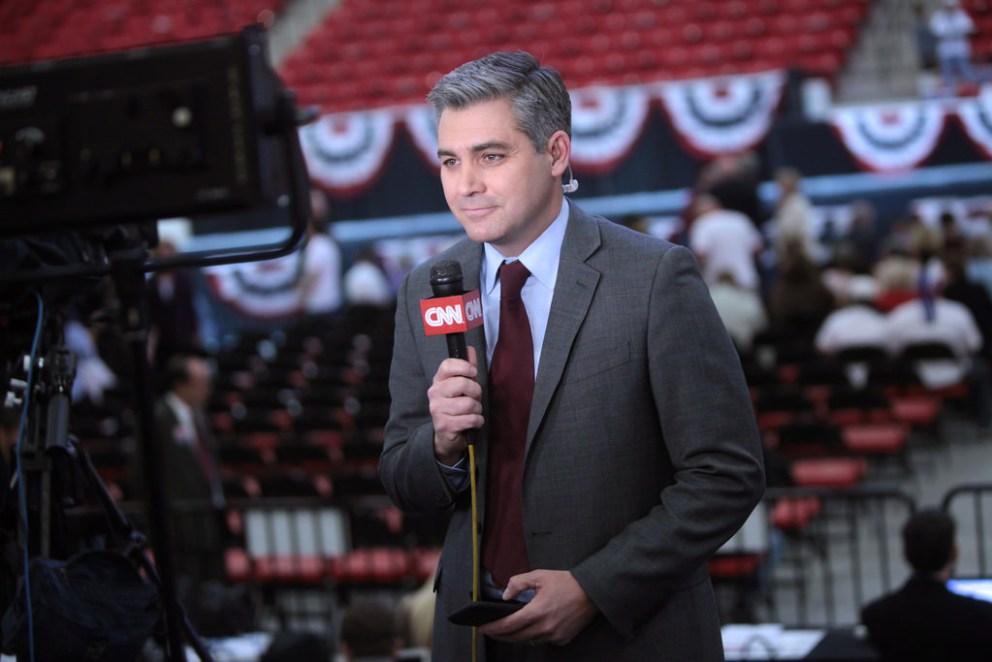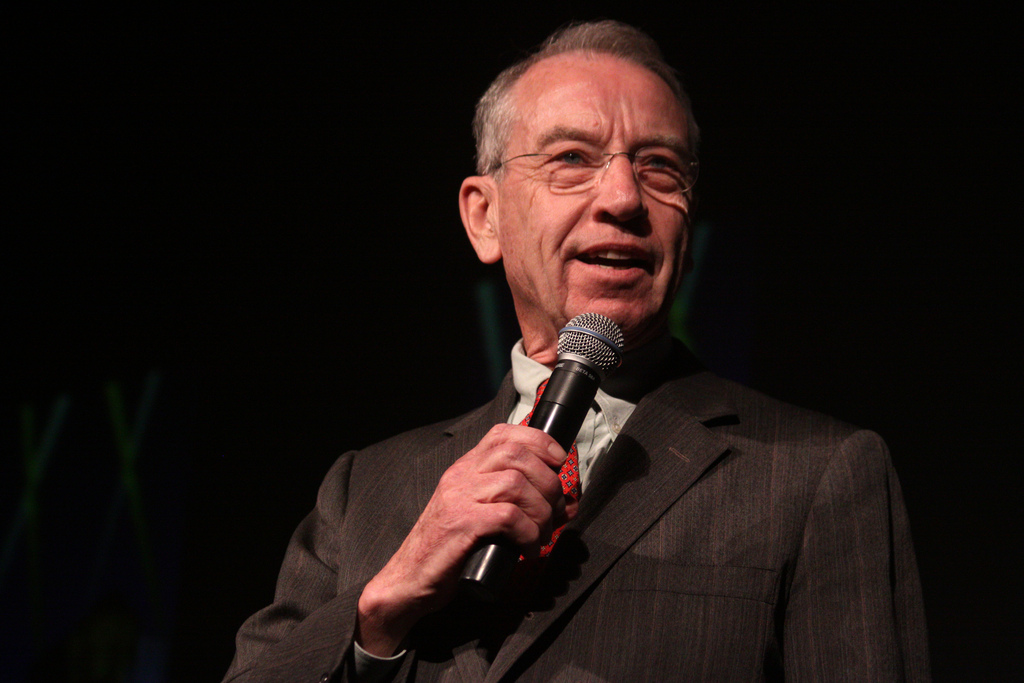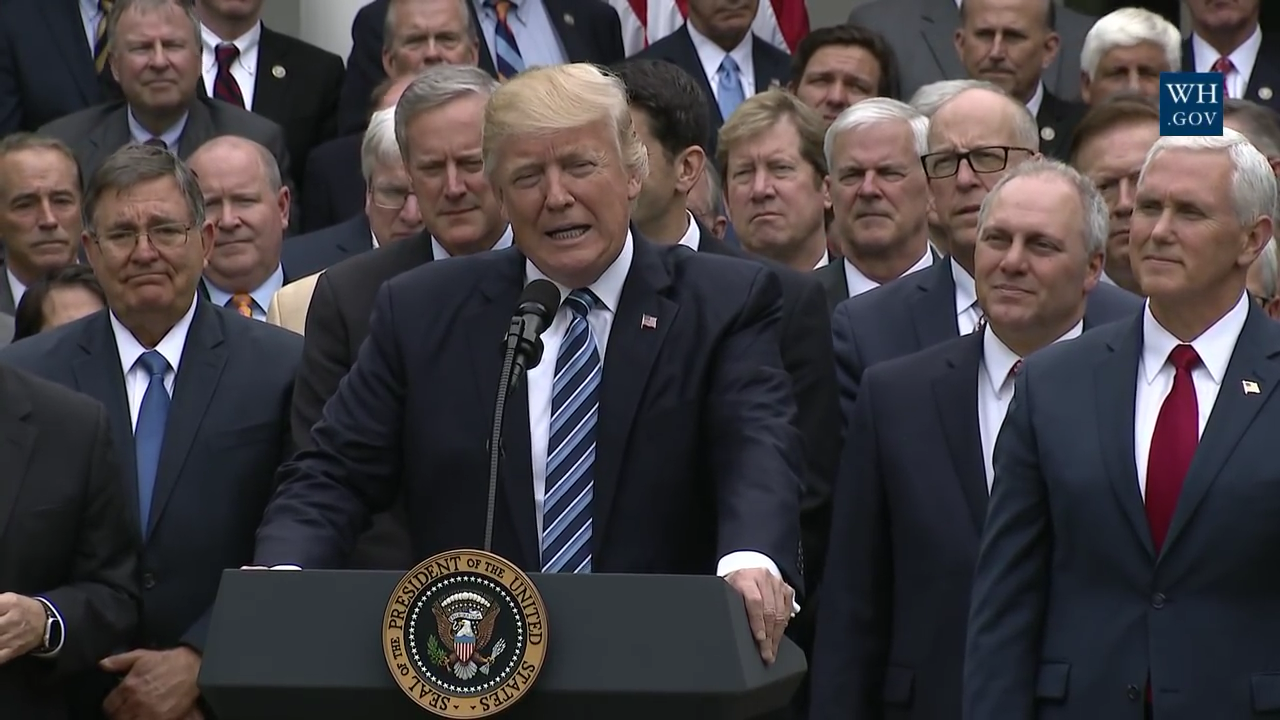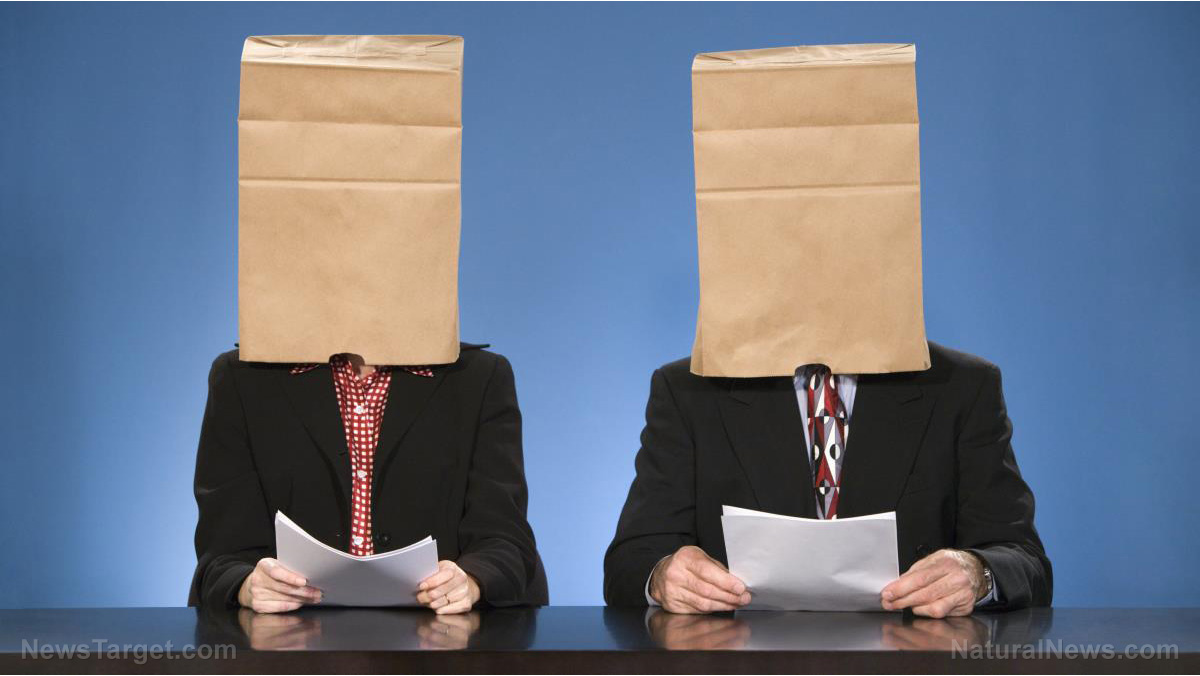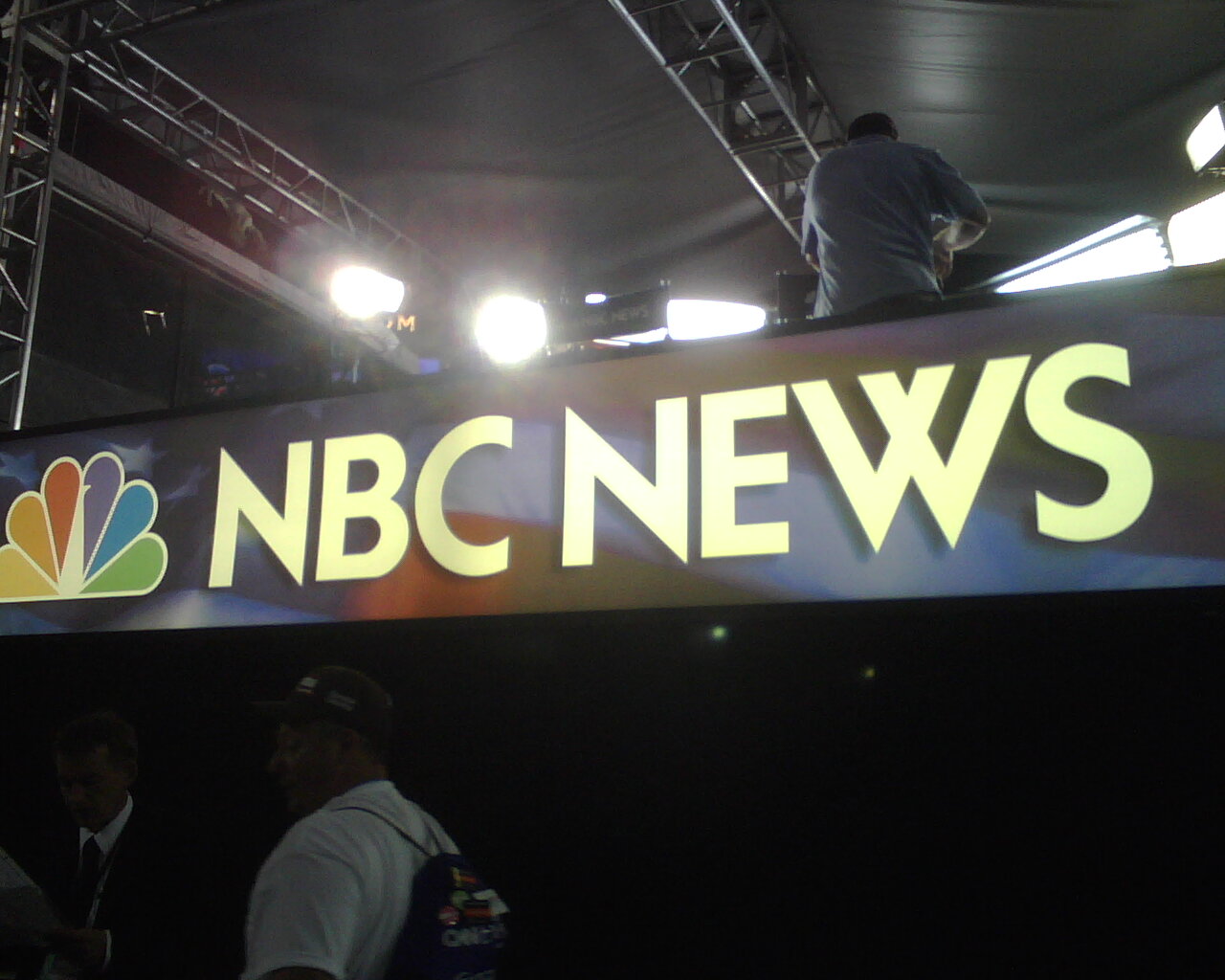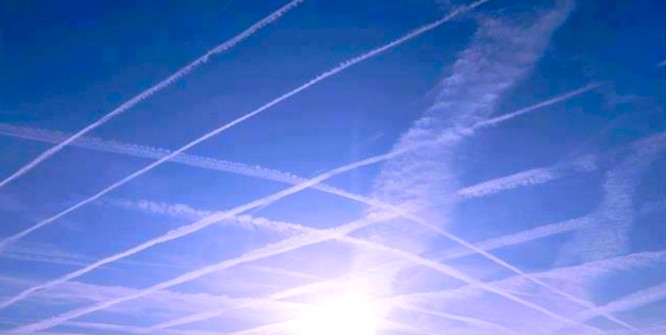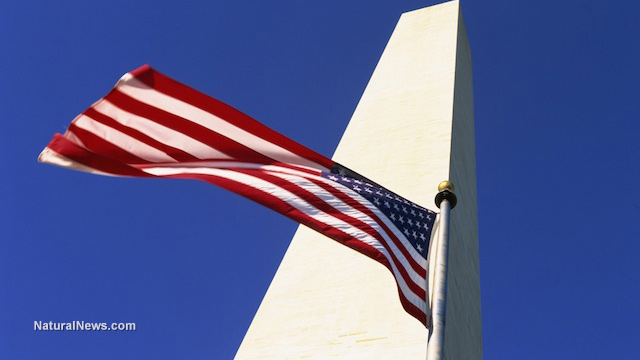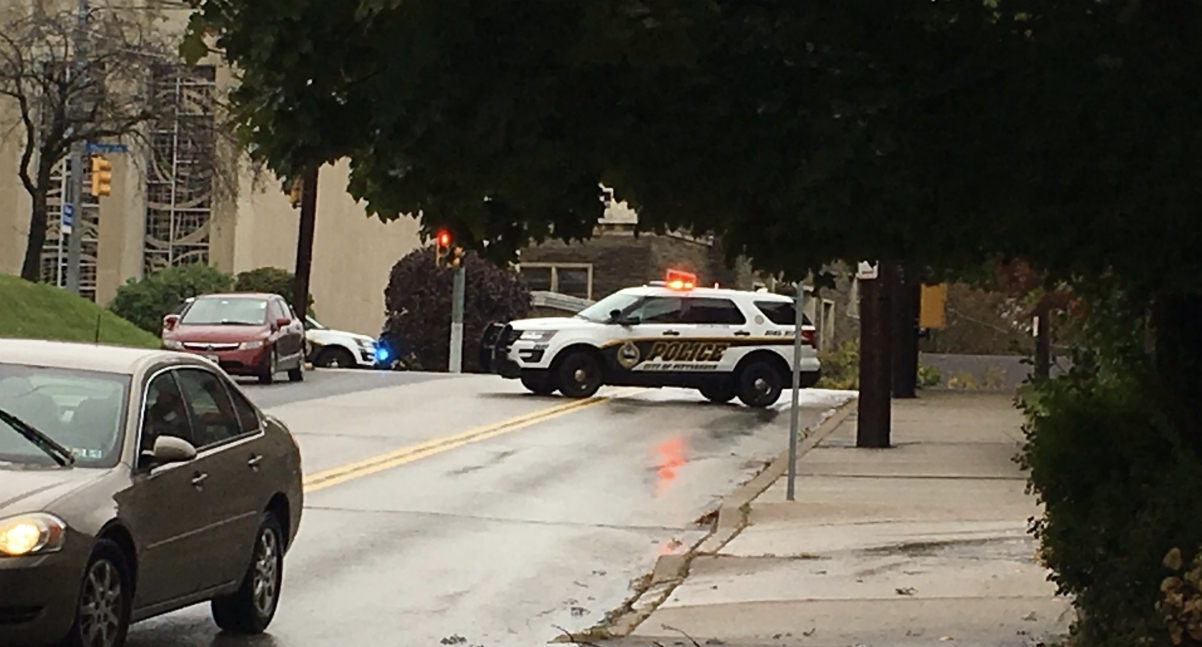Fake news and fact-checking: How the truth gets lost
02/14/2017 / By Ethan Huff
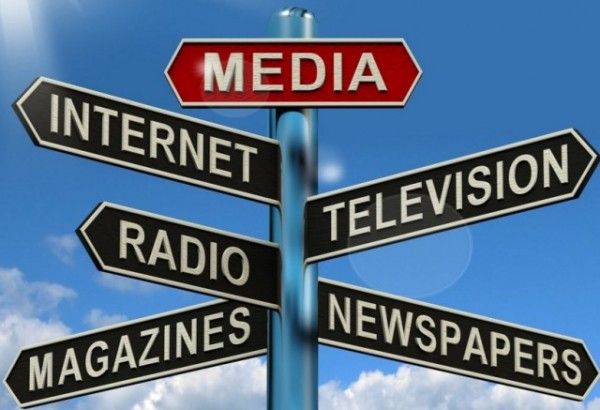
There’s a lot of talk these days about “fake news,” especially as the political and media establishments continue their ballyhooing about supposed Russian hacking in the most recent presidential election cycle. Many people are justifiably concerned about how to decipher between what’s actually happening in the world and how to respond to it appropriately, and what a select few in power are claiming is happening in the world, which we all know are two completely different things.
As a so-called “alternative” media source itself, Natural News has built its own legacy on the idea that news needs to be investigated much more deeply than simply rehashing what Fox News or CNN are saying on any given day. It’s obvious to anyone with even cursory knowledge about how these news outlets operate that almost everything needs to be taken with a grain of salt, especially when powerful advertisers paying top dollar are involved.
Truth be told, there’s plenty of fake news out there that people do, indeed, need to be aware of and avoid. But how can one know for sure whether or not a piece of news is real? The most obvious answer to this is to follow the money. When News Station A claims that marijuana is dangerous, for instance, while every other commercial on that same station is for some newfangled pharmaceutical drug, viewers should stop and ask themselves pertinent questions like: Is News Station A only saying that marijuana is bad to appease its pharmaceutical sponsors, which are threatened by legal cannabis? Are there even any credible studies to back what News Station A is saying about marijuana, or is it simply “Reefer Madness” hysteria appealing to a certain segment of society?
These types of questions are applicable to all sorts of issues: the constant turmoil in the Middle East being another relevant example. We’re often told in the mainstream media that our country faces an endless barrage of terrorism unless we go over there and uproot certain nation states on behalf of others. It’s important to stop and consider: Are there certain entities that stand to gain financially or territory-wise by our involvement there? Are terrorist attacks even being conducted by those the media is blaming, or is some other nefarious force perpetrating such violence to push a hidden agenda?
Take the time to fact check, and perform due diligence in your research
Fact-checking is the last stand of journalistic freedom in our increasingly nebulous world – at least when it comes to obtaining correct and accurate information. This requires a lot more than just perusing an article or watching a cable news show to find out what’s really happening in the world, and also a willingness to abandon one’s preexisting beliefs in order to conform to some new truth or reality.
This isn’t to say that one needs to abandon the entirety of his or her core values with every changing wind of information or news. What it means is that critical thinking and time spent investigating and inquiring is often necessary to parse the truth from the lies, which is an absolute requirement if our precious republic is to withstand the test of time, and the very real and constant threats we face from enemies that exist within our borders, and more often than not, within the confines of Washington, D.C.
Ask questions. Carefully evaluate information. Look at the trail of money and influence. When you do these things, you’ll find that the truth is more easily recovered and salvaged rather than lost within a sea of propaganda. It requires work and due diligence, but it’s the only way to preserve a legacy of truth that’s so quickly being lost to laziness and taking the easy road, as many people now do.
Sources for this article include:
Tagged Under: Fact-checking, fake news, Journalism, journalistic integrity, propaganda

